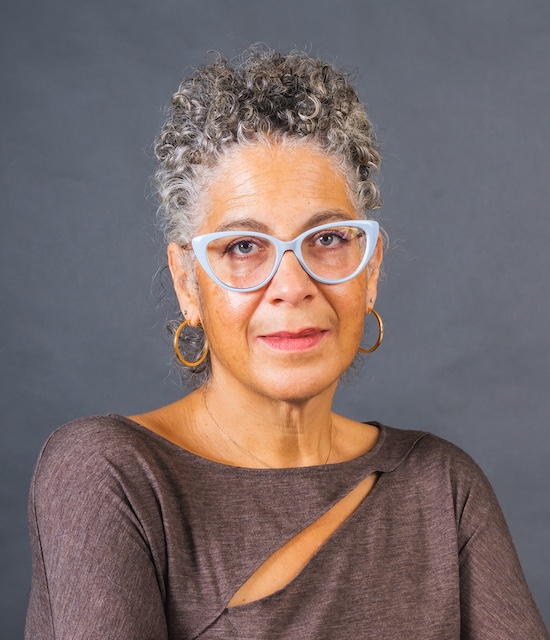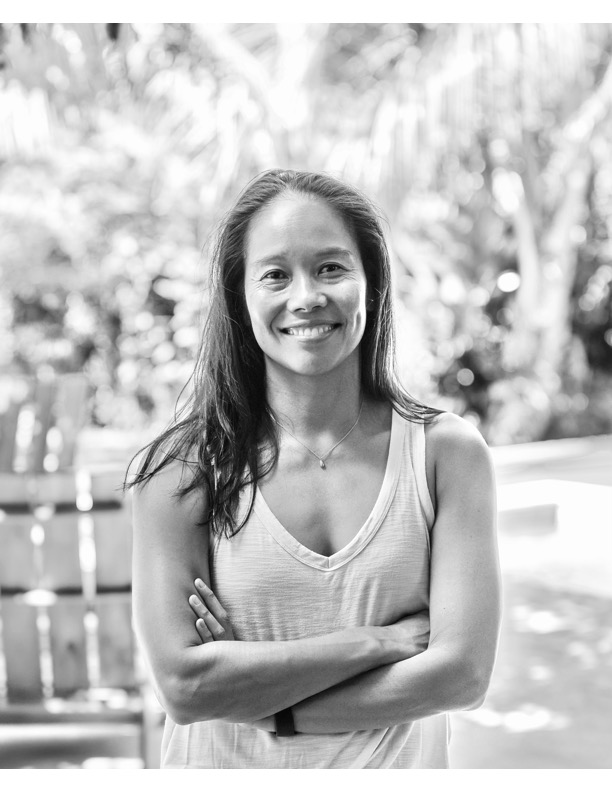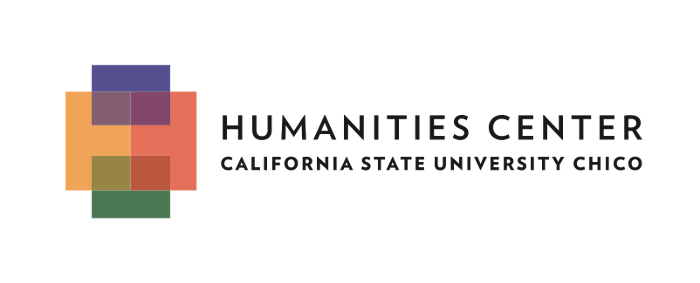Dr. Jennifer L. Morgan: “On Race and Reinscription: Writing Enslaved Women into the Early Modern Archive"
Thursday, February 22nd
5:30 PM on Zoom
Click here to register for Zoom webinar

In this talk, Jennifer L. Morgan uses the history of three black women from the sixteenth and seventeenth centuries to explore questions of methodology and evidence in the early history of the black Atlantic. Through evidence from visual art, law, and commerce, Morgan considers the challenges and possibilities of crafting a social historical study of women whose voices are so often absent from the archival record but whose lives and perspectives have proven to be essential for comprehending the origins of racial capitalism.
Jennifer L. Morgan is Professor of History in the department of Social and Cultural Analysis at New York University. She is the author of the Reckoning with Slavery: Gender, Kinship and Capitalism in the Early Black Atlantic (Duke University Press, 2021) which won the Mary Nickliss Prize in Women’s and/or Gender History from the Organization of American Historians and the Frederick Douglass Prize awarded by the Gilder Lehrman Center for the Study of Slavery, Resistance, and Abolition at Yale University; and of Laboring Women: Gender and Reproduction in the Making of New World Slavery(University of Pennsylvania Press, 2004). She is the co-editor of Connexions: Histories of Race and Sex in America (University of Illinois Press, 2016). Her research examines the intersections of gender and race in in the early modern Black Atlantic.
Her recent journal articles include “Partus Sequitur Ventrem: Law, Race, and Reproduction in Colonial Slavery,” in Small Axe; “Accounting for ‘The Most Excruciating Torment’: Trans-Atlantic Passages” in History of the Present and “Archives and Histories of Racial Capitalism” in Social Text. In addition to her archival work as an historian, Morgan has published a range of essays on race, gender, and the process of “doing history,” most notably “Experiencing Black Feminism” in Deborah Gray White’s edited volume Telling Histories: Black Women Historians in the Ivory Tower(2007). She has a forthcoming article entitled “Reproductive Dispossession: A Long History of Outrage from Slavery to Dobbs,” that she co-wrote with Julie Livingston.
She is currently working on a study of slavery and the emergence of “private life” in the Early Modern English Atlantic world; a project about slavery and freedom in the seventeenth century that centers around Elizabeth Key—the black woman who sued for her freedom in Virginia in 1656; and she is editing a special issue of the journal History of the Present on Reproducing Racial Capitalism.
Morgan served as the Council Chair for the Omohundro Institute for Early American History and Culture from 2019-2022. She is the past-Vice President of the Berkshire Conference of Women Historians and is a lifetime member of the Association of Black Women Historians. She lives in New York City.
Funding provided by the Chico State Women's Philanthropy Council.
Bonnie Tsui: “ Why We Swim: A Conversation with Award-Winning Author Bonnie Tsui”
Thursday, March 7th
5:30 PM on Zoom
Click here to register for Zoom webinar
This event is co-sponsored by The Writer's Voice
Please join us for an extended conversation between award-winning author Bonnie Tsui and Rob Davidson, Humanities Center board member and English professor. In keeping with this year’s theme, Water, Professor Davidson will focus his questions on Tsui’s Why We Swim, a Los Angeles Times, Boston Globe, and San Francisco Chronicle bestseller, and Sarah and the Big Wave, a children’s book about Sarah Gerhardt, the first woman to surf California’s big waves. Davidson and Tsui will explore why we are so drawn to the water, and the event will include opportunities for the audience to join with their own questions.
Bonnie Tsui is a longtime contributor to The New York Times and the author of American Chinatown, winner of the 2010 Asian/Pacific American Award for Literature. Her book Why We Swim was a New York Times Book Review Editors’ Choice and a Time magazine and NPR Best Book of the Year; it is currently being translated into ten languages. Her first children’s book, Sarah and the Big Wave, about the first woman to surf Northern California’s Mavericks, was published in 2021. Bonnie's work has been recognized and supported by Harvard University, the National Press Foundation, and the Mesa Refuge. Her new book about muscle will be published in spring 2025.
Funding provided by the Chico State Women's Philanthropy Council.


